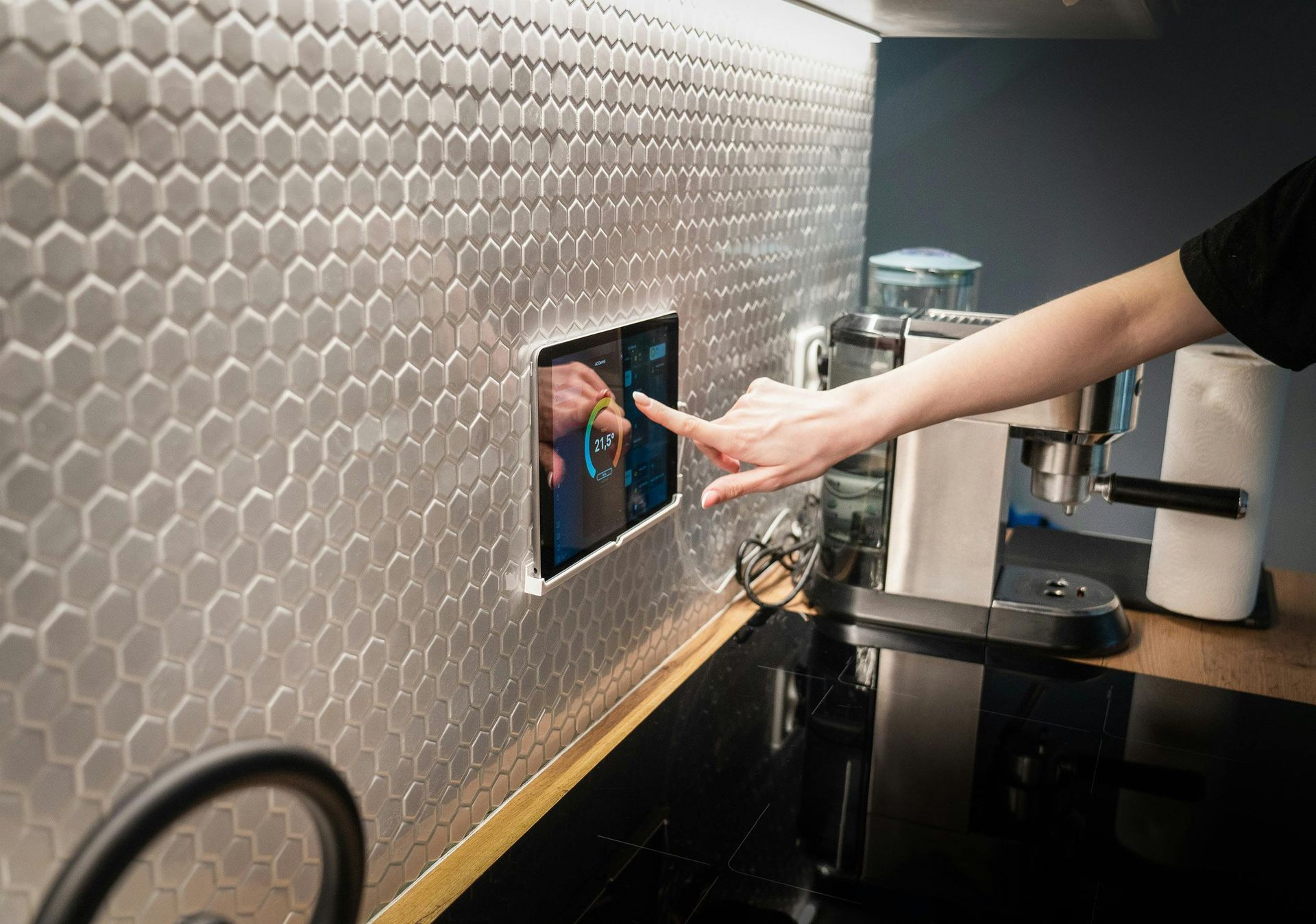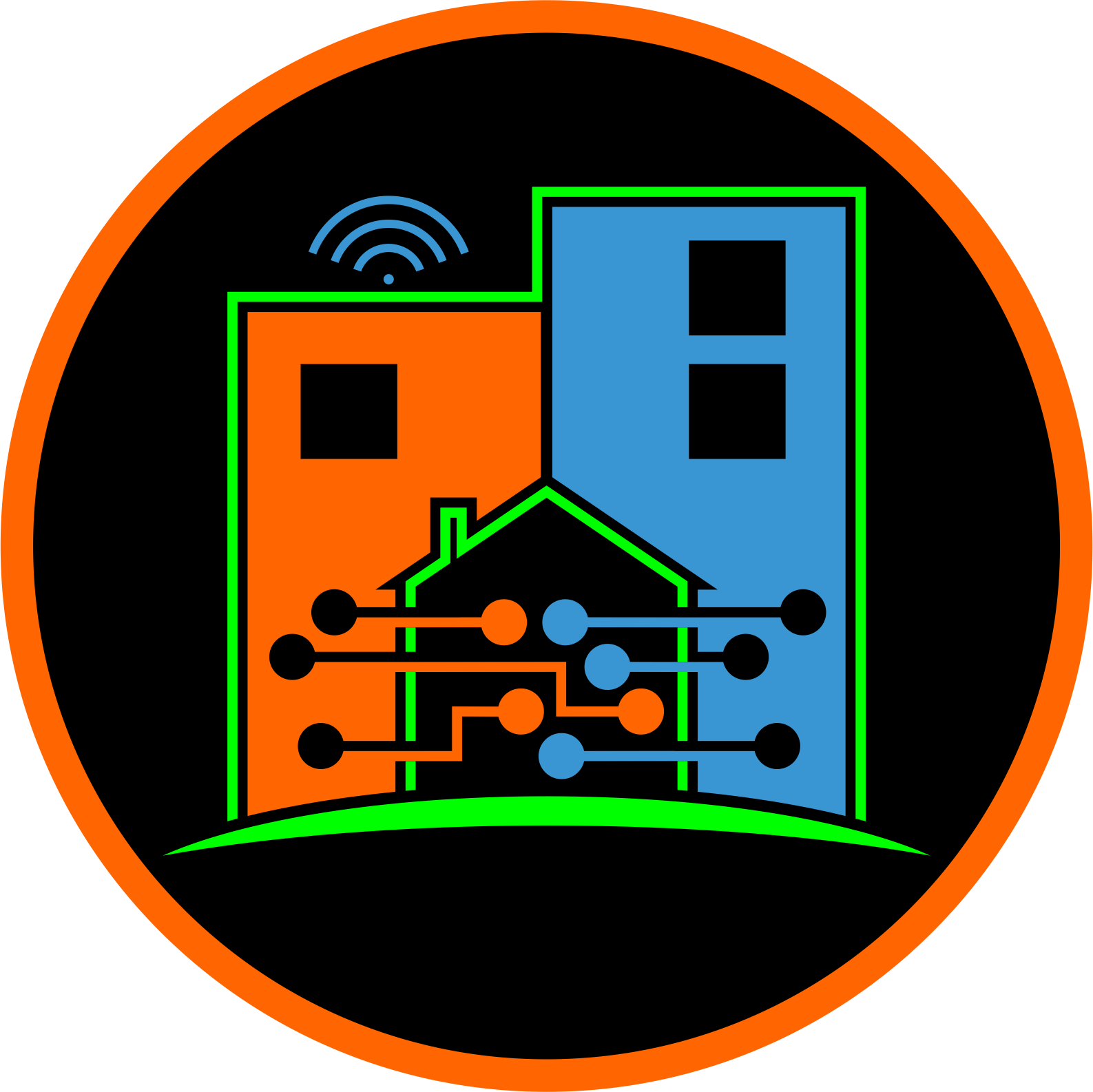The Future of Security: AI Systems Redefining Safety
The Future of Security: AI Systems Redefining Safety
Security technology is undergoing a fundamental shift. Systems that once simply recorded events are now becoming intelligent, proactive partners in protecting our homes and businesses. The driving force behind this evolution is artificial intelligence (AI), which is infusing security with predictive capabilities, real-time analysis, and unparalleled efficiency.
This article explores how AI-powered systems are redefining safety across both residential and commercial sectors. We will look at the specific technologies making an impact, examine the benefits they offer, and consider the challenges we must navigate as we move into this new era of intelligent security.
The AI Revolution in Security Technology
Traditional security systems are reactive. A camera records a break-in, an alarm sounds after a window is broken, and a guard reviews footage after an incident occurs. AI turns this model on its head by enabling systems to analyze data, identify patterns, and act before or during an event, not just after. This proactive stance is changing everything.
Key AI Technologies Shaping the Industry
Several core AI technologies are at the heart of modern security solutions. These tools work together to create a comprehensive and intelligent security ecosystem.
Facial and Object Recognition
AI-powered cameras no longer just capture video; they understand it. Facial recognition technology can identify authorized personnel, flag unknown individuals, and even track a person's movement across multiple cameras. This is invaluable for access control in a corporate building or for a homeowner to receive an alert that a specific family member has arrived home.
Beyond faces, object recognition can identify vehicles, packages, and even potential weapons. A system can be trained to distinguish between a delivery person leaving a box and a suspicious individual loitering. This level of detail drastically reduces false alarms, a common frustration with older motion-detection systems that might be triggered by a stray animal or falling leaves.
Predictive Analytics
Predictive analytics is one of the most powerful applications of AI in security. By analyzing vast datasets—including historical crime data, time of day, weather patterns, and real-time sensor information—AI can forecast potential security threats.
For businesses, this could mean identifying which areas of a large warehouse are most likely to experience theft at certain times, allowing for optimized guard patrols or camera surveillance. For a community, it could predict hotspots for break-ins, enabling law enforcement to increase their presence proactively. This data-driven approach moves security from a game of chance to a calculated strategy.
Autonomous Surveillance
Drones and robots equipped with AI are becoming the new sentinels for large properties, critical infrastructure, and business campuses. These autonomous systems can patrol areas that are difficult or dangerous for human guards to cover.
Programmed with patrol routes, these smart devices use AI for navigation and threat detection. If a drone spots an anomaly, like a breached fence or an unauthorized vehicle, it can send a real-time alert with video evidence to a central command center. This provides constant, vigilant oversight without the high cost and human limitations of traditional patrols.
The Benefits of AI-Powered Security
Integrating AI into security systems offers significant advantages for both homeowners and businesses, improving effectiveness, efficiency, and overall peace of mind.
Enhanced Efficiency and Accuracy
Human monitoring is prone to fatigue and error. A security guard cannot watch dozens of camera feeds simultaneously with perfect attention for an entire shift. An AI system, however, can. It processes information from hundreds of sources at once without tiring, identifying subtle anomalies that a human might miss. This leads to more accurate threat detection and a dramatic reduction in false positives, allowing security personnel to focus on genuine incidents.
Real-Time Threat Detection and Response
The speed of AI analysis enables immediate action. An AI system can detect a potential threat, such as an individual attempting to scale a fence, and instantly trigger a response. This could involve activating floodlights, issuing an automated audio warning, and alerting a human security officer with a live video feed—all within seconds. This rapid response can deter criminals and mitigate damage before an incident fully unfolds.
Significant Cost Savings
While the initial investment in AI security technology can be substantial, it often leads to long-term cost savings. Businesses can reduce their reliance on large teams of on-site guards, especially for overnight monitoring. Predictive analytics helps optimize the deployment of resources, ensuring security efforts are concentrated where they are most needed. For homeowners, smarter systems that reduce false alarms can lower monitoring service fees and even insurance premiums.
Challenges and Ethical Considerations
The adoption of AI in security is not without its challenges. As these systems become more powerful and widespread, we must address important ethical and practical concerns.
Privacy Concerns
The most significant hurdle is privacy. The same facial recognition technology that keeps a building secure can also be used for mass surveillance, tracking people's movements without their consent. The collection and storage of vast amounts of personal data, including video footage from our homes and workplaces, raise questions about who has access to this information and how it is protected from misuse or cyberattacks. Striking a balance between security and the right to privacy is a critical challenge for society and for regulators.
Potential for Bias and Misuse
AI systems are trained on data, and if that data is biased, the AI's decisions will be too. For example, if a facial recognition system is trained primarily on data from one demographic, it may be less accurate at identifying individuals from others, leading to false accusations or security gaps. There is also the risk of these powerful tools being used for malicious purposes, either by authoritarian regimes for social control or by criminals who find ways to exploit vulnerabilities in the technology.
The Future of Intelligent Security
The field of AI-powered security is evolving rapidly, with several exciting trends on the horizon. We can expect systems to become even more integrated and intelligent in the coming years.
Innovations will likely focus on "behavioral analytics," where AI learns the normal patterns of activity in a space and flags any deviation. Imagine a system that knows the typical rhythm of your office and alerts you not just to an intruder, but to unusual activity like an employee accessing a secure area at an odd time.
Furthermore, the integration of AI with the Internet of Things (IoT) will create truly smart environments. Your security system will communicate with your lights, locks, and even your smart speakers to create a coordinated, automated response to any threat. The future of security is not just about watching; it's about understanding, predicting, and acting with intelligence.
Learn more about Connextec in Charlotte, NC.



